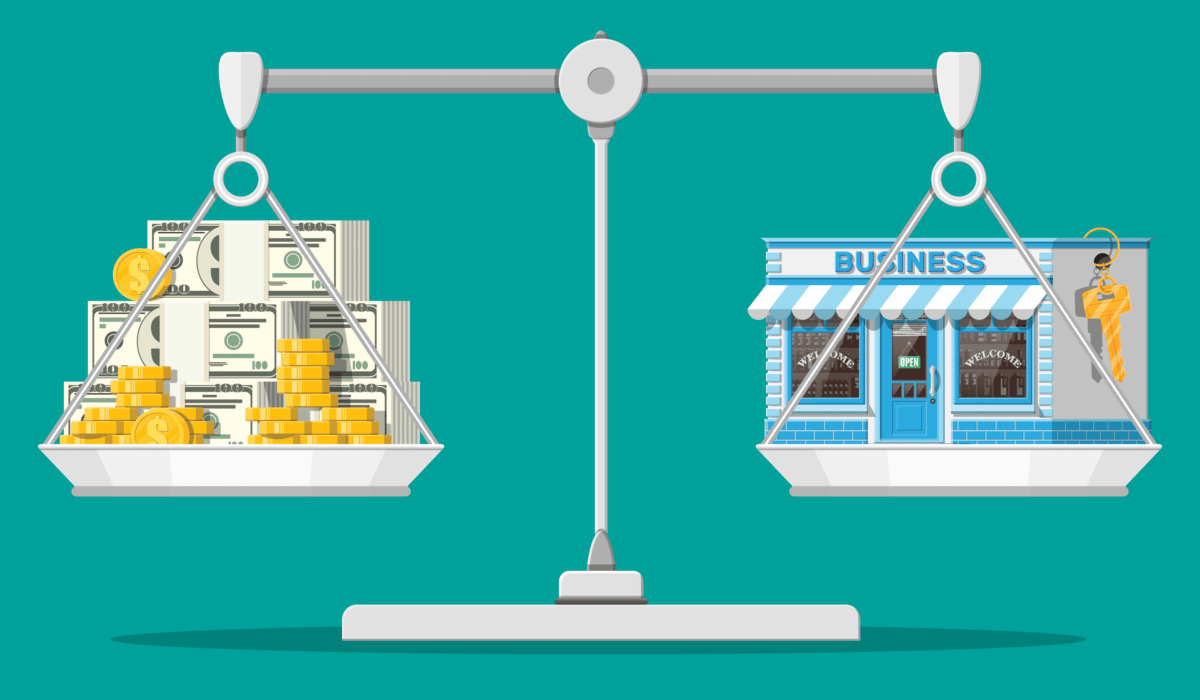Understanding Business Goodwill Valuation: A Comprehensive Guide
Business goodwill valuation is a critical aspect of assessing the true worth of a company beyond its tangible assets. It represents the intangible value that a business holds, such as its brand reputation, customer relationships, and proprietary technology. Understanding how to properly value business goodwill can provide owners and investors with vital insights into a company's overall financial health and potential for future profitability.
In the competitive landscape of today’s economy, business owners often overlook the importance of goodwill valuation. However, it plays a pivotal role when it comes to mergers, acquisitions, or even during a business sale. Accurately calculating goodwill can significantly impact the financial outcomes of these transactions, making it an essential topic for entrepreneurs, investors, and financial professionals alike.
Moreover, as companies strive to differentiate themselves from competitors, the valuation of goodwill becomes increasingly important. It not only reflects the unique aspects of a business that contribute to its success but also helps stakeholders make informed decisions. This article will explore the various facets of business goodwill valuation, answering key questions and providing valuable insights into the process.
What is Business Goodwill?
Business goodwill refers to the intangible assets that contribute to a company's earning power. It encompasses a variety of elements, including:
- Brand recognition and loyalty
- Customer relationships
- Employee expertise and morale
- Proprietary technologies or processes
- Market position and competitive advantages
These components collectively enhance a business's overall value beyond its physical assets and liabilities.
How is Business Goodwill Valuation Conducted?
Valuing business goodwill typically involves several methods, each offering different insights into the company's worth. The most common approaches include:
- Income Approach: This method estimates the present value of expected future cash flows generated by the business.
- Market Approach: This compares the business to similar companies that have been sold or valued recently.
- Cost Approach: This considers the costs associated with replicating the business's intangible assets.
What Factors Influence Business Goodwill Valuation?
Several factors can affect the valuation of business goodwill, including:
- The company's financial performance and stability
- Industry trends and competition
- Customer base and loyalty
- Brand reputation and market position
- Legal and regulatory considerations
Understanding these factors can help business owners better prepare for valuations and enhance their company's overall value.
Why is Business Goodwill Valuation Important?
The importance of business goodwill valuation cannot be overstated. Here are several reasons why it matters:
- It provides a clearer picture of a company's overall value.
- It aids in making informed decisions during mergers and acquisitions.
- It helps business owners understand how to enhance their firm's intangible assets.
- It is essential for tax purposes and financial reporting.
What Are the Common Challenges in Business Goodwill Valuation?
Valuing business goodwill can be challenging due to various factors, such as:
- The subjective nature of intangible assets.
- The lack of market comparables for unique businesses.
- Difficulty in predicting future cash flows accurately.
Recognizing these challenges is crucial for valuators and business owners alike.
How Can Businesses Enhance Their Goodwill?
To improve business goodwill, companies can focus on the following strategies:
- Investing in customer service and relationship management.
- Enhancing brand marketing and visibility.
- Fostering a positive company culture and employee engagement.
- Innovating products and services to maintain a competitive edge.
By focusing on these areas, businesses can bolster their goodwill and improve their overall valuation.
What Should Business Owners Know Before Getting a Goodwill Valuation?
Before undergoing a business goodwill valuation, owners should be prepared by:
- Gathering accurate financial statements and records.
- Understanding their market position and competitive landscape.
- Identifying and documenting all intangible assets.
- Consulting with valuation experts to navigate the process.
Preparation will help ensure a smoother valuation process and yield more accurate results.
Conclusion: The Significance of Business Goodwill Valuation
In summary, business goodwill valuation is an essential aspect of understanding a company's worth beyond its tangible assets. By recognizing the factors that influence valuation and implementing strategies to enhance goodwill, business owners can significantly impact their company's financial success. Whether preparing for an acquisition, seeking investment, or simply wanting to understand their company's value better, mastering the concept of goodwill valuation is critical for any business leader.
The Marvel Of Human Anatomy: Understanding Why The Skin Is The Largest Organ In The Body
Ultimate Guide To NET Framework 3.5 Download Offline
Unlocking The Secrets Of Space Notes In The Treble Clef

What is goodwill? How it affects accounting when selling a business

Goodwill Meaning, Factors Affecting Goodwill and Need for Valuation

Personal Goodwill vs Business Goodwill Valuation Business Appraisal FLGAHI